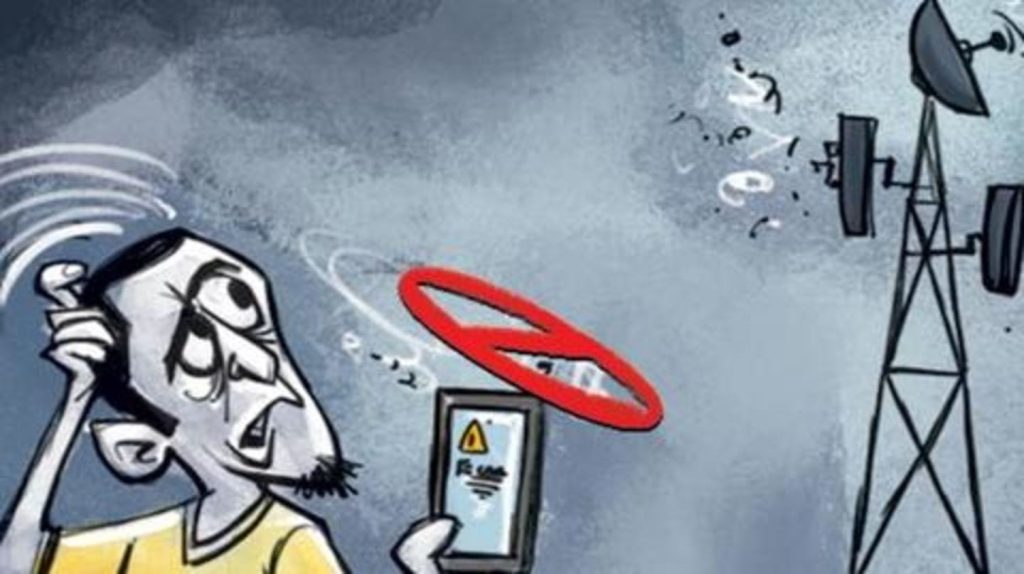The Telecom Regulatory Authority of India (TRAI) has initiated a comprehensive review of its quality of service rules following a surge in call drop complaints from subscribers. This move aims to bolster network performance evaluation at the district level and extend the regulatory framework to encompass 4G and 5G services.
Despite significant technological advancements in the realm of mobile telecommunications and the deployment of advanced performance management tools, consumer experiences have not seen the anticipated improvements. TRAI notes that quality of experience (QoE) for consumers remains a concern, despite technological capabilities that are aligned with quality of service (QoS) standards.
Even with the widespread adoption of 4G networks and the rollout of 5G services across the nation, complaints regarding call drops, muted calls, and insufficient data throughput have been on the rise. These issues raise questions about the efficacy of network design and the provisioning of adequate network resources, prompting TRAI’s comprehensive review.
To address these concerns, TRAI is considering an enhancement of call drop parameters and call success rates within the existing quality of service rules. The regulator acknowledges that the challenges to telecom service quality are not only evident in consumer grievances but are also a subject of discussion in parliamentary inquiries.
TRAI points out that the current Standards of Quality of Service for Wireless Data Services were established during the era of 2G and 3G services, where data services were predominantly delivered over circuit-switched networks. These benchmarks were set based on the capabilities of the underlying technology. However, the landscape has evolved, with LTE (4G), LTE-Advanced, and 5G technologies now accounting for more than 75 percent of the telecom network. As a result, the existing QoS benchmarks may no longer align with the demands of contemporary applications.
Recognizing this shift, TRAI emphasizes the need to update QoS parameters and benchmarks to be technology-agnostic, incorporating provisions for monitoring 5G performance. Presently, quality of service evaluation occurs at the telecom circle level, often comparable to the size of a state. TRAI contends that variations in performance across districts can be masked by averaging, suggesting that district-level assessment might be necessary in some cases.

TRAI also acknowledges the challenges consumers face in registering complaints despite the availability of mobile apps and web interfaces provided by service providers. The regulator is cautious about relaxing benchmarks related to call center accessibility and the percentage of calls answered by operators. This consideration arises from the presence of a significant number of feature phones that cannot access mobile apps for complaint registration.
In line with its commitment to transparency and stakeholder engagement, TRAI has set a deadline for comments and counter-comments on the draft rules. Interested parties can submit their input until September 20, with the final date for counter comments being October 5. By proactively addressing the issues related to call quality and consumer experience, TRAI strives to shape a more responsive and consumer-centric telecommunications landscape.




